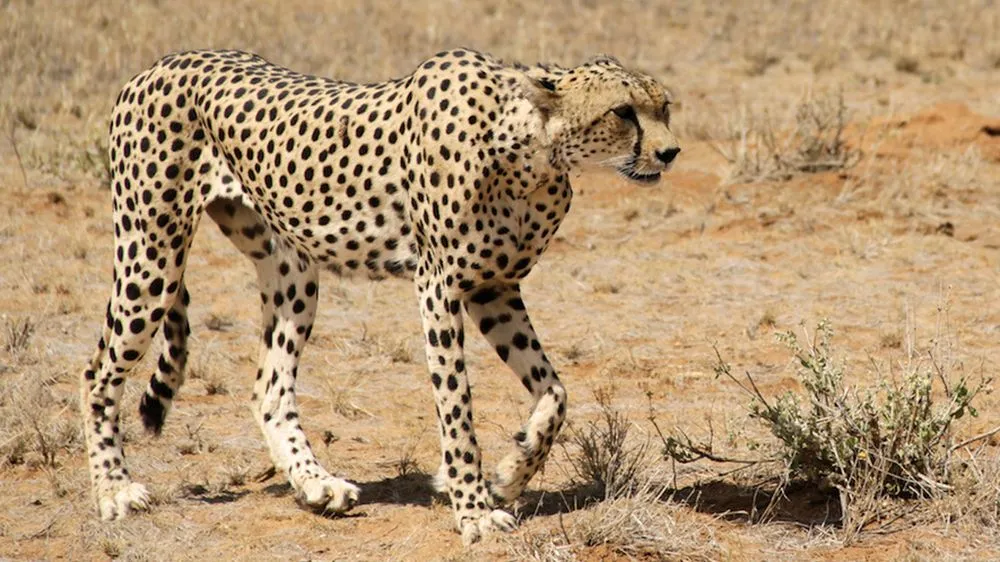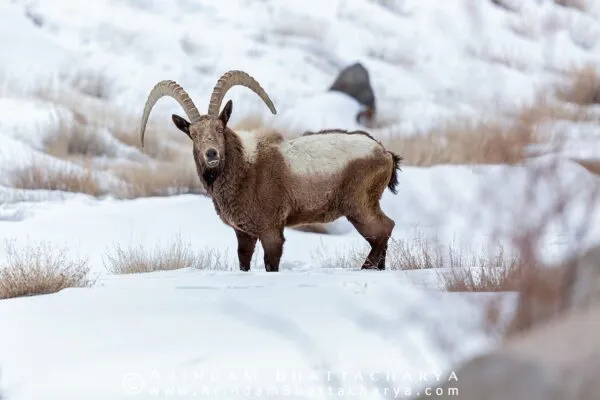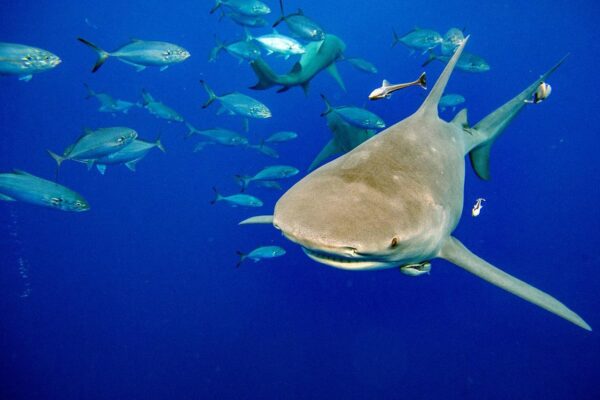Indian Wildlife Team to Train for Relocation of African Cheetah by Visiting African Savannah in July
After passing many hurdles, the project of relocating African cheetah to the Indian subcontinent is now in progress. An Indian wildlife team will be visiting African Savannah to train for the relocation of African cheetah in July.
The team will be learning to handle the animal population set to be relocated to Madhya Pradesh’s Kuno National Park by the end of the year. This scheduled training had been delayed due to the ongoing second wave of the coronavirus pandemic.

An Indian wildlife team will be visiting African Savannah to train with basic instructions for relocation of African cheetah in July | Image: 17QQ
According to Prakash Kumar Verma, district forest officer, Kuno National Park,
The India team is likely to go to Africa to learn about handling, breeding, rehabilitation, medical treatment and conservation of the animal once the Covid-led situation normalises and the lockdown is further eased by next month…Following the completion of the training, a team from Africa will visit Kuno and train the team further with respect to the local geography and Indian requirements.
The team will be comprised of members from the Wildlife Institute of India, the Ministry of Environment, Forest and Climate Change, doctors and veterinarians from the Kuna National Park along with the staff that will take care of the animals after their relocation.
With African cheetah relocation, the government aims to reinstate the threatened ecosystem and conserve the species in India. The Supreme Court has earlier denied permission for this project. However, in January 2020, the court directed the authorities to choose a suitable habitat for the animal.
The cheetah relocation is one of the biggest pilot projects in Indian wildlife conservation in this decade. The Kuno National Park is spread over an area of over 750 square kilometres, with populations of Chinkara, spotted dear and Blackbuck, which would offer a prey base to the carnivores.
Via: India Today


